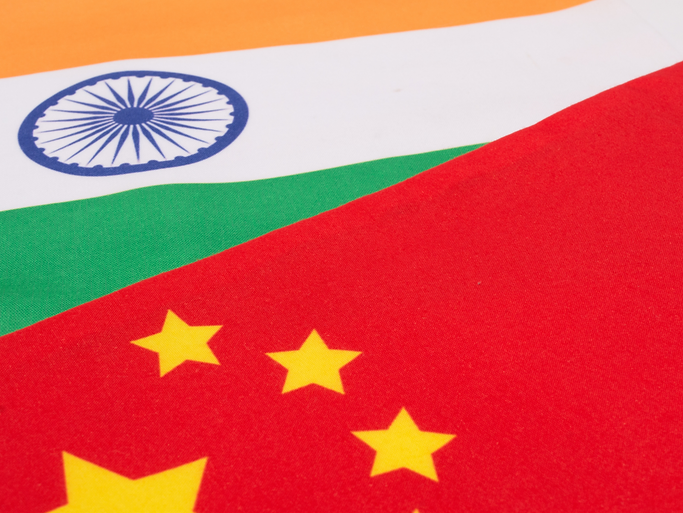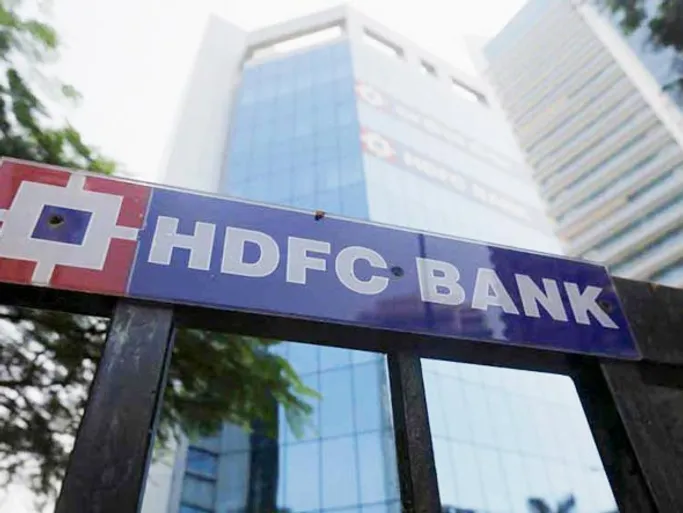In India, the scandals that have rocked political leaders are numerous. In 1957, Haridas Mundhra, a Calcutta based businessman and stock market speculator, got the state-controlled Life Insurance Corporation to invest USD 3.2 million (in 1957 money) to support the share prices of companies he controlled. In 1958 this was exposed in Parliament by none other than Feroze Gandhi, the husband of Mrs. Indira Gandhi who was the daughter of then Prime Minister Jawaharlal Nehru. Nehru never liked his son-in-law and never forgave him for dragging this into the public domain.
In 1975, Prime Minister Indira Gandhi lost a crucial judgment that ruled she had improperly used the state machinery to gain votes. The ruling would have forced her to step down from the role of Prime Minister. Her response was swift: she declared an Emergency, dissolved Parliament, and took India on its first – and only – tryst with dictatorship. In fact, a famous “Time” magazine cartoon had an envious Nixon looking at Empress Indira and saying, “I wish I had thought of that”.
Ironically, a few months ago the revered Mr. Deepak Parekh, the Chairman of HDFC (the largest shareholder of HDFC Bank) had said that the media was wasting its time fighting corruption and that corruption could not be eradicated. We criticized Mr. Parekh for his comments. Corruption, in our opinion, is the number one enemy and a person of his stature should be leading the charge in such a battle. But, alas, corporate India is really Chicken India and continues to seek favors and grow its business based on being nice to the government in power. Mr. Parekh must be feeling vindicated now that his own company is allegedly a part of the system.
In the 1980’s Prime Minister Rajiv Gandhi, who had succeeded his mother Prime Minister Indira Gandhi after her assassination in 1984, was alleged to have received kickbacks from defence deals. The Swedish company, Bofors, swung the deal to sell howitzers to the Indian army via Italian businessmen, Ottavio Quattrachi, who had connections to Sonia Gandhi – the Italian wife of Rajiv Gandhi. Sonia Gandhi is now the President of the Congress Party and is seen as the real seat of power in the present Indian government.
In 1992, stock market manipulator Harshad Mehta alleged that he carried a bag of cash to the residence of Prime Minister Narsimha Rao to ensure that he got funding from banks to carry on his short-squeeze in the stock markets. While that charge was never proved, Prime Minister Rao was convicted and then later freed of charges that he had bribed a few members of Parliament to vote for his government in a “no-confidence” vote. But what was proven was that the Minister of Telecommunications, Sukh Ram, did have a sack full of cash (approx USD 1.2 million) in his house in 1996 for granting favors to someone.
Prime Minister Manmohan Singh’s government – who like Rajiv Gandhi has earned a label of “Mr. Clean” has seen its fair share of scandals and is perceived to be tolerant to a higher degree of corruption. Be it road-building, the sale of gas fields, iron ore mines, coal mines, land for Special Economic Zones, or the sale of telecom licenses, the scandals that have shaken and stirred the Indian economy at the state and the federal level are frequently exposed and quickly forgotten. Prime Minister Singh continues to flash his smile.
And let there be no doubt that corruption exists across the political spectrum, but the ruling party has the disadvantage of being exposed because they are in power. Who wants to write about the power-less?
C for Company, C for Corruption
Somewhere in our consciousness, somewhere in our quest for money and the focus on GDP as a measurement we have lost sight of wrongs and rights.
Presidents and Prime Ministers the world over have gotten away with “bigger” things than Watergate, and yet they carry on waving to crowds at public gatherings. And we gush in awe as we wave back to them.
And the businesses we worship and rank for their wealth, their profits, and their size is the centre of our attention and our praise. You ask a child what he wishes to become and he will say “an investment banker”. You ask a child where he wishes to study and he will say “Harvard Business School”.
The children are mirroring what their parents worship and wish. It is of little relevance that Harvard Business School has to consider introducing a moral pledge – a confession if there ever was one of all the immoral activities that are encouraged. Ethics in business is indeed a misnomer. “The business of business is business” said Andrew Mellon and with that focus in mind the end justifies any foul means businesses wish to adopt.
So, with GDP the focus globally and with politicians and policy makers available at a price, the scandals occur on a daily basis. For all her wrongs, the late Prime Minister Indira Gandhi had one thing right: “Corruption is an international phenomenon”.
And so it is. Enron can give Alan Greenspan a prize and be friendly with the Bush family. Halliburton can have Vice President Cheney as a “contractor in the White House”. Goldman can be on both sides of a trade.
Even Obama – who stood for change – can be made to double the size of the Bush bail out and defend his policies by showcasing the IPO of Citibank as a profitable venture for US taxpayers.
Russia can have all the crony capitalists it wishes to – as long as they support the government.
India can have all the wealthy founders as long as they pay a cut to the politicians.
The rot in the system does not shock us. We have been tracking India long enough to know that, for all its fanfare of becoming a world super power, much of India runs on connections. Like the other super-powers. But true to its democratic status, the corruption in India is not as concentrated as the corruption that exists in Russia or China. And, unlike the recent bail out of Wall Street - where the beneficiaries were mainly the masters of the universe who regained their wealth and bonuses - every corruption racket in India will have the fat finger of a politician deeply entrenched in the sugar-coated pie.















